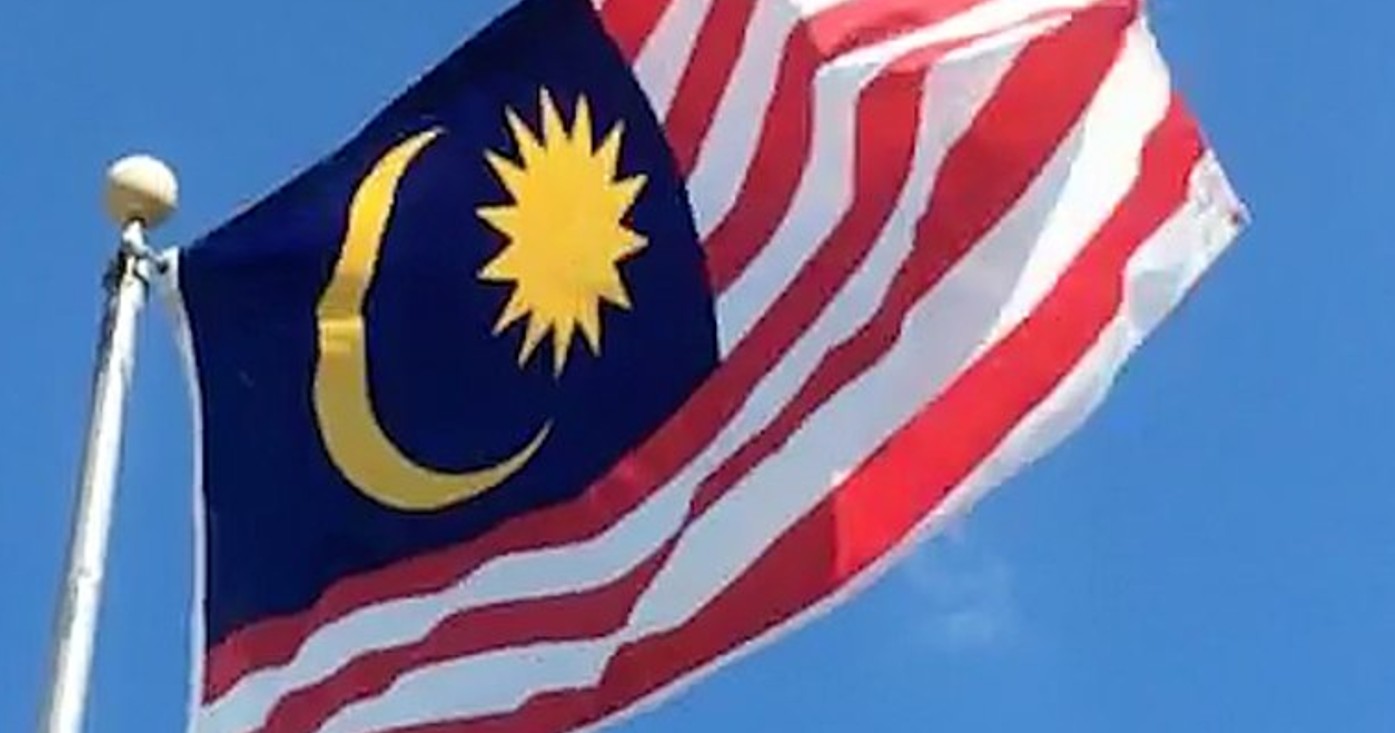Introducing concepts of “proportionality” as part of efforts to “improve the criminal justice system,” Malaysia has abolished the mandatory sentencing of the death penalty for 11 different offenses.
Hailed as a victory for death penalty abolitionists, the ruling, rather than repealing the death penalty altogether, places sentencing decisions into the hands of the judge to arbitrate whether capital punishment is warranted.
It seems difficult to believe, but Southeast Asia, with its rich Buddhist heritage, is one of the leading regions in the world for the use of capital punishment in stable countries.
While the ruling doesn’t abolish the death penalty altogether, the Cabinet made its decision based on the recommendations of a committee of legal scholars and experts who offered a variety of substitute sentences for 11 offenses that carry a mandatory death penalty, including 1 offense under the Dangerous Drugs Act, and another 22 offenses that carry death penalty at the discretion of the court.
“This action is very significant to ensure that the amendments to the relevant Acts take into account the principles of ‘proportionality,'” Law Minister Wan Junaidi Tuanku Jaafar said in a statement, adding that the decision was in line with the government’s priority to “protect and guarantee the rights of all parties, which reflected transparency in leadership (towards) improving the country’s dynamic criminal justice system.”
High Thaime
In another softening of authoritarian measures, Thailand recently became the first country in Southeast Asia to decriminalize the cultivation and sale of cannabis, including cannabis containing normal levels of THC.
RELATED: U.S. DEA is Finally Allowing Companies to Grow Their Own Cannabis for Scientific Research
So far, AP reports that there has been no effort to crackdown those growing or distributing the plant, either at home or at a café, provided that the growers register their harvesting with the law, and declare its use is for medical purposes.
The Health Ministry has announced a plan to distribute a million cannabis seedlings to ‘bud up’ a plant medicine industry in the country, and some of the statements are very encouraging to the average Thai user of cannabis.
“We should know how to use cannabis,” Public Health Minister Anutin Charnvirakul, the country’s biggest advocate, said recently. “If we have the right awareness, cannabis is like gold, something valuable, and should be promoted.”
MORE: U.S. DEA is Finally Allowing Companies to Grow Their Own Cannabis for Scientific Research
“From our perspective, a major positive outcome of the legal changes is that at least 4,000 people imprisoned for offenses relating to cannabis will be released,” Gloria Lai, Asia regional director of the International Drug Policy Consortium, told AP in an email interview.
Tourists and nationals alike are warned that even though cannabis is no longer considered a narcotic, and many of the old laws are no longer applicable, you can still pick up a three-month sentence and $800 from smoking it in public, as that is still considered nuisance activity.
SHARE the Sense; Share This Breakthrough Legislation…




















